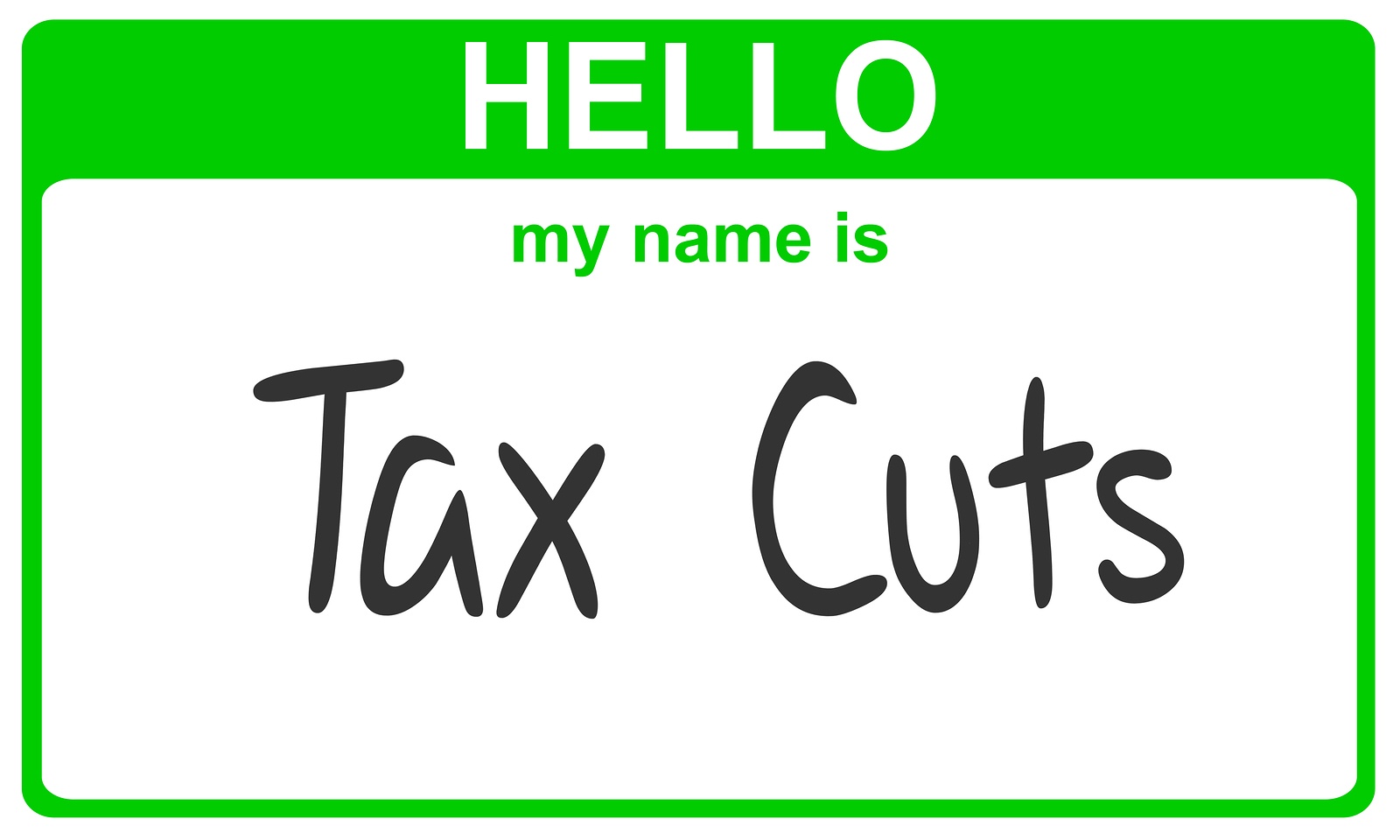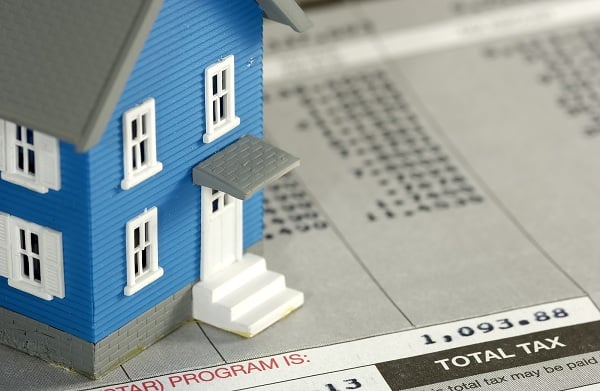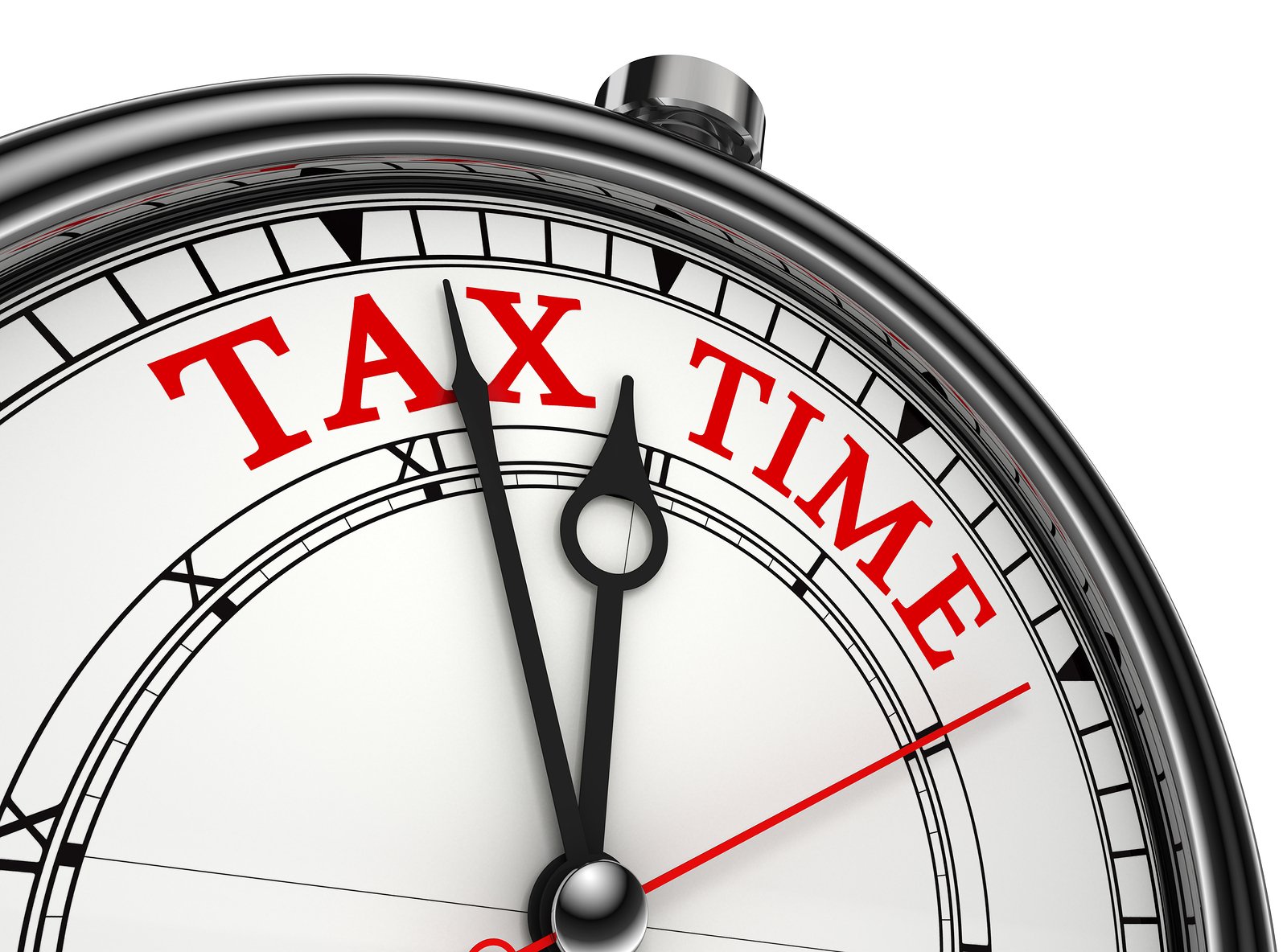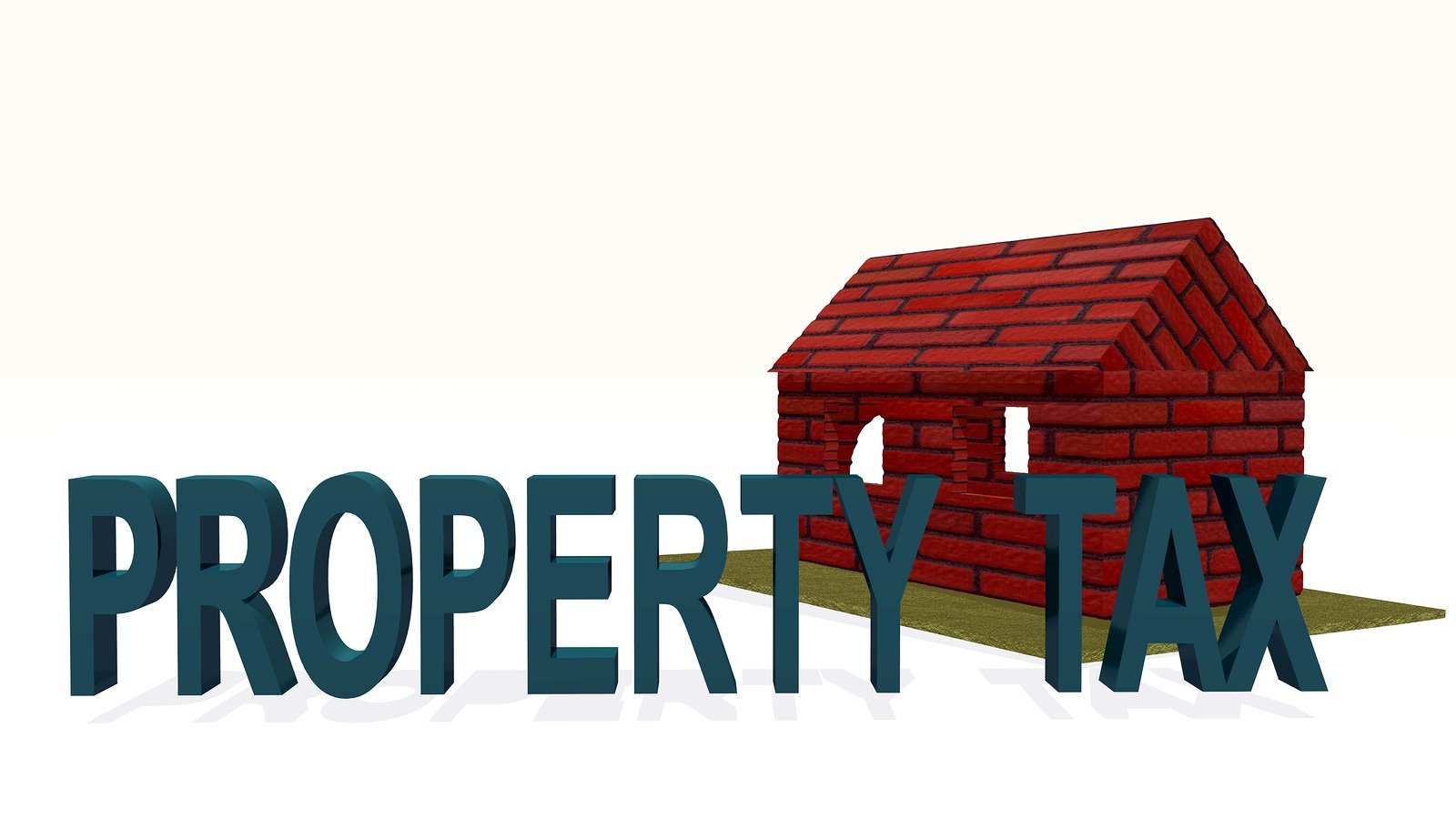The Fulton County Board of Tax Assessors sent some of their assessment notices with a date of May 19, 2017 and with a last date to appeal of July 3, 2017. With no appeal, after this date your 2017 Fulton property tax bill will be based on the value in the tax assessment notice. Fulton County is required, as are all counties in Georgia, to send an assessment notice to all property owners annually. Fulton has many more assessment notices to send before June 30.

